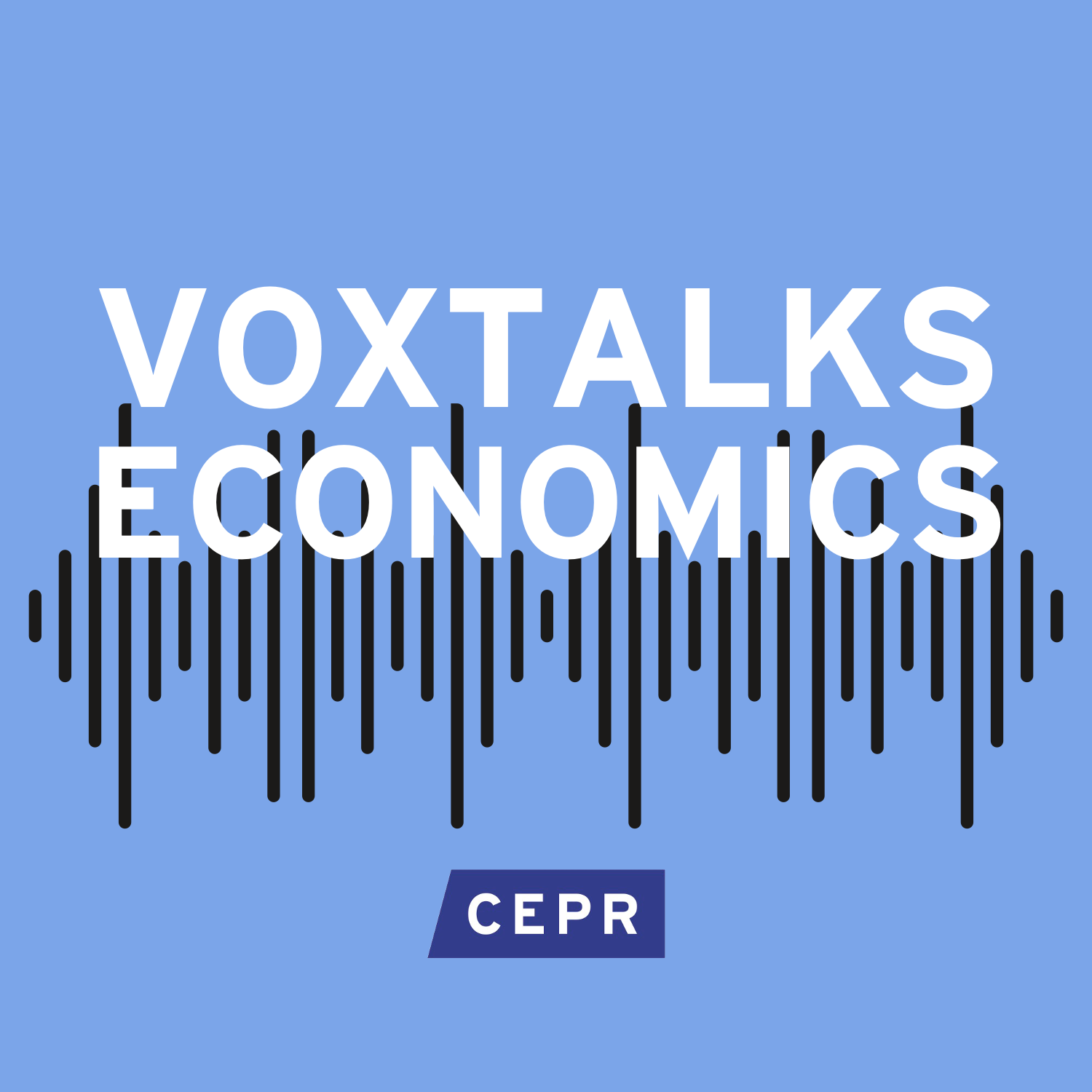VoxTalks Economics
What's next for Ukraine: The labour market
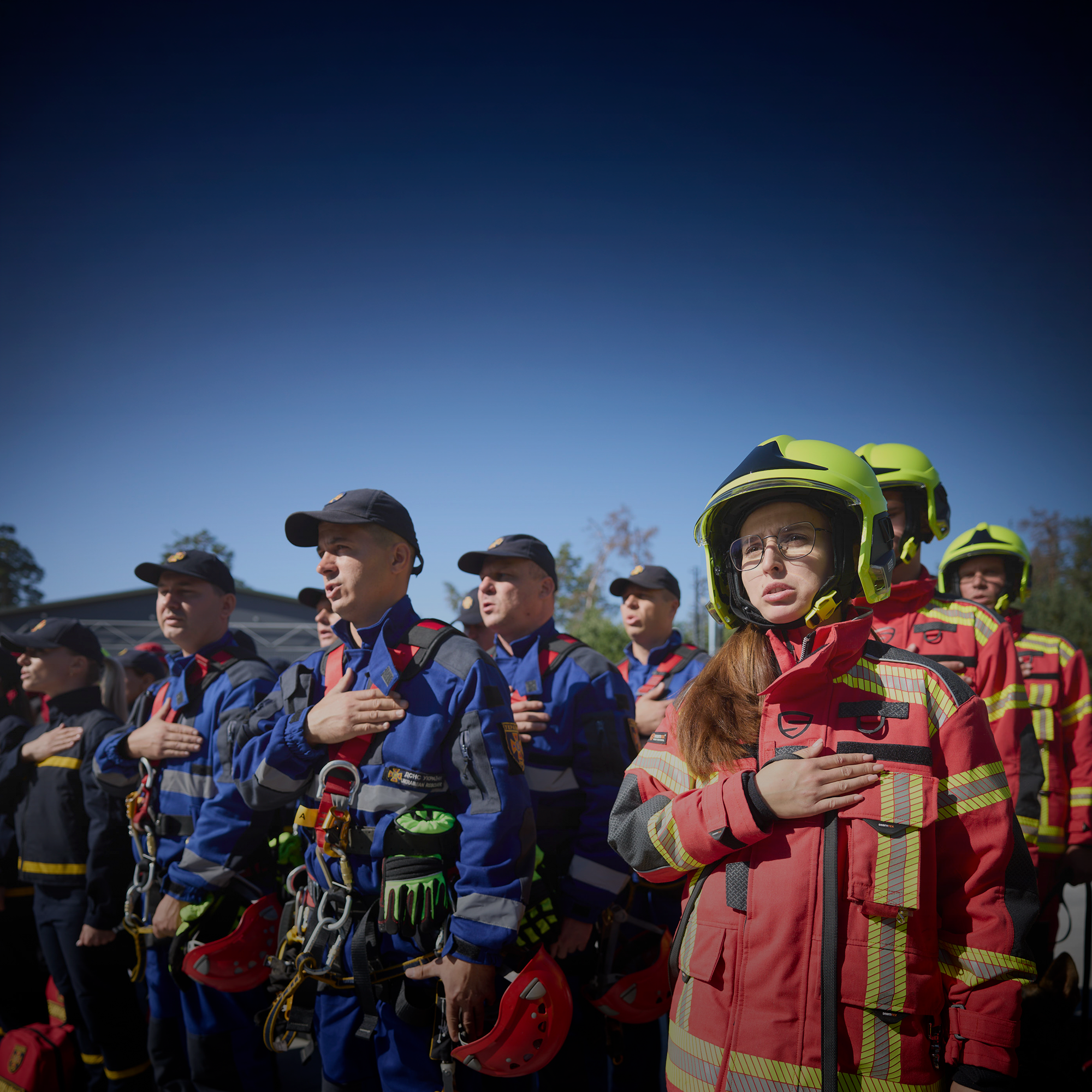
Ukraine has lost close to a quarter of its civilian workforce since the invasion. Three and a half million workers left government-controlled areas: mobilised into the armed forces, displaced inside the country, gone abroad as refugees, or killed.
Giacomo Anastasia, Tito Boeri, and Oleksandr Zholud draw on an unprecedented wartime dataset to document how Ukraine's labour market adapted under that pressure. What they find is not what you might expect. Aggregate matching efficiency fell by only about 15%; less than the decline recorded in the United States during the 2008 financial crisis. Firms hired women into roles previously closed t...
What's next for Ukraine: Reconstruction
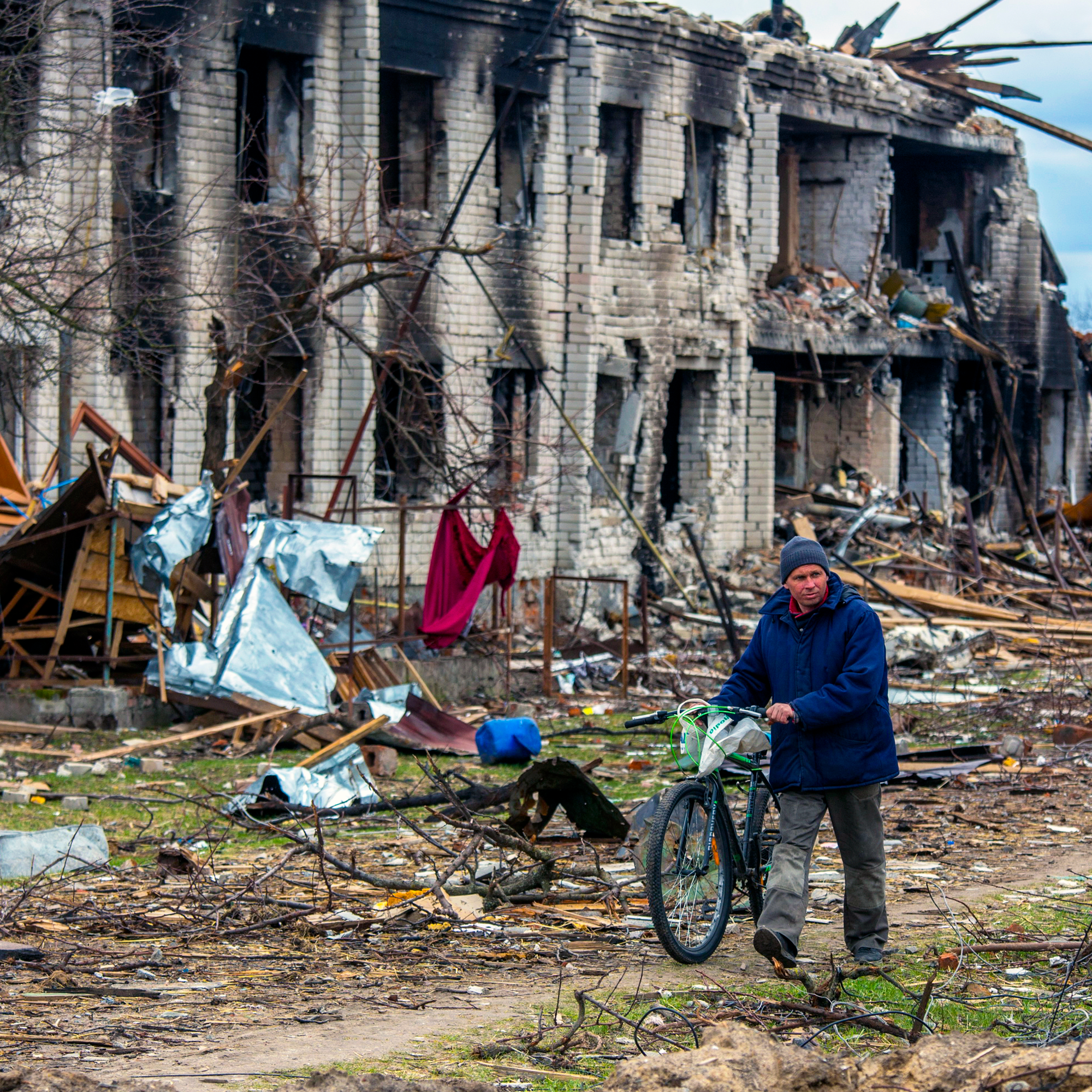
Ukraine's cities were failing long before the Russian invasion began. Kyiv and Lviv ranked among the 40 most congested cities in the world, yet neither makes the top 100 by population. Ninety per cent of Ukraine's housing stock was built before 1990. Its urban infrastructure was designed for a Soviet economy and never properly adapted for the one that followed. So when reconstruction begins, the question is not simply how to repair what was there: it is whether repairing what was there is the right goal.
Edward Glaeser of Harvard, Martina Kirchberger of Trinity College Dublin, and Andrii Parkhomenko of...
What’s next for Ukraine: Investment
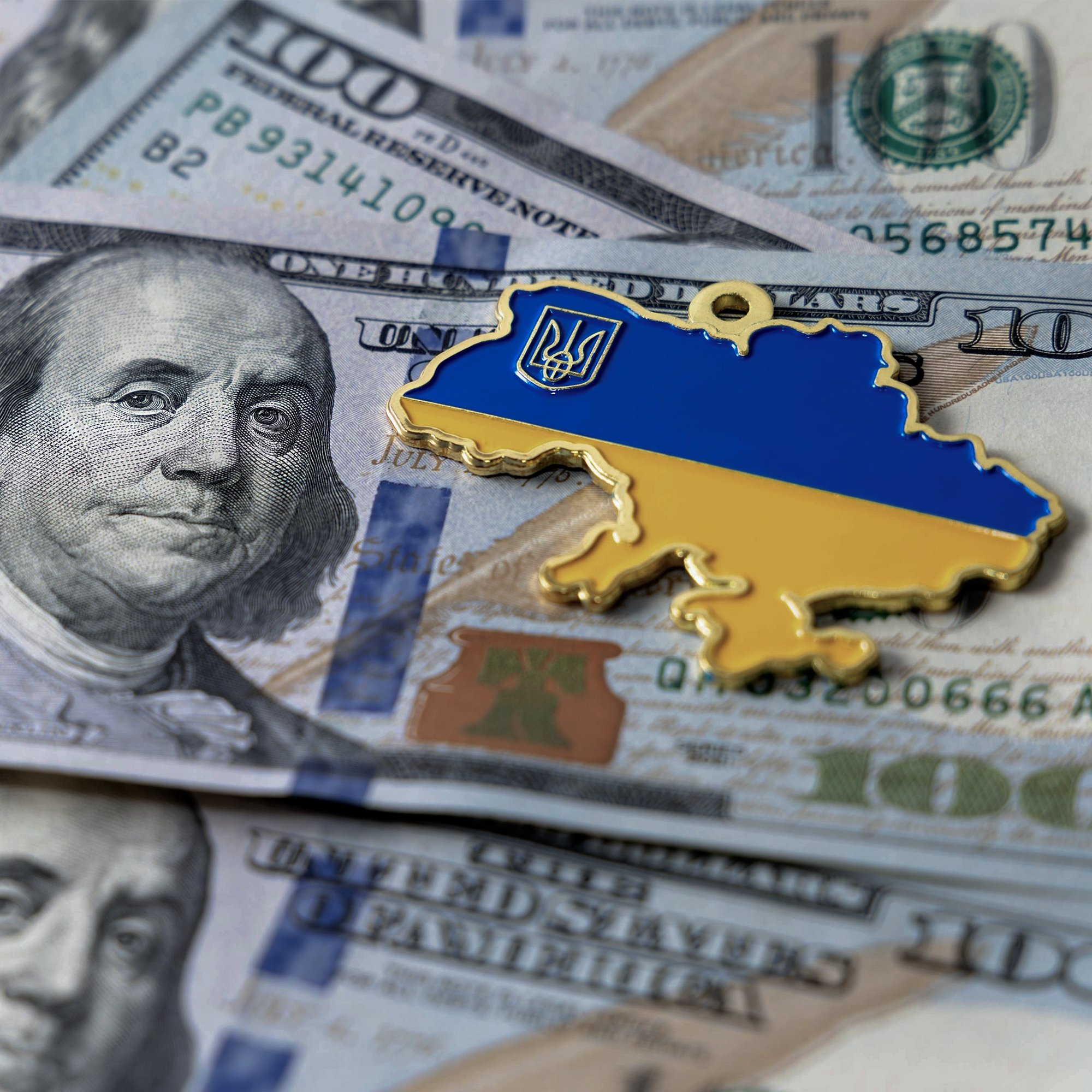
Ukraine will emerge from this war with enormous debt. The conventional wisdom treats that as an obstacle: investors weigh it before committing capital, and the burden slows the recovery before it starts. Yuriy Gorodnichenko and Maurice Obstfeld of UC Berkeley argue the opposite. A thorough restructuring of Ukraine's war debts – including, for sufficiently large obligations, outright forgiveness – is not just politically defensible but economically essential for attracting private investment.
The bill for rebuilding and growing Ukraine, Gorodnichenko estimates, is $40 billion a year: $20 billion to replace destroyed capital, $10 billion to stop Ukraine falling behind its Eastern European peers, and $...
The alpha political male

Recorded live at the CEPR Annual Symposium. We seem to be talking about the behaviour of alpha males on social media a lot recently. But what happens when we put them in charge of a country? The work of Mario Carillo of Universitat Autònoma de Barcelona attempts to answer that question. He talks to Tim Phillips about when and why voters choose alpha males, and how they respond to being given power.
Management under the spotlight

What type of manager would you be? An experiment in Ethiopia set out to measure the management traits of young professionals by setting them challenges in a video studio, and along the way also uncovered valuable (and surprising) information about the type of manager that employees and employers preferred.
Simon Quinn of Imperial College London and CEPR and Tom Schwantje of Bocconi University were two of the researchers. They tell Tim Phillips about why it is important to develop better managers, and how we might do that for young professionals.
The next generation: Paris ‘25
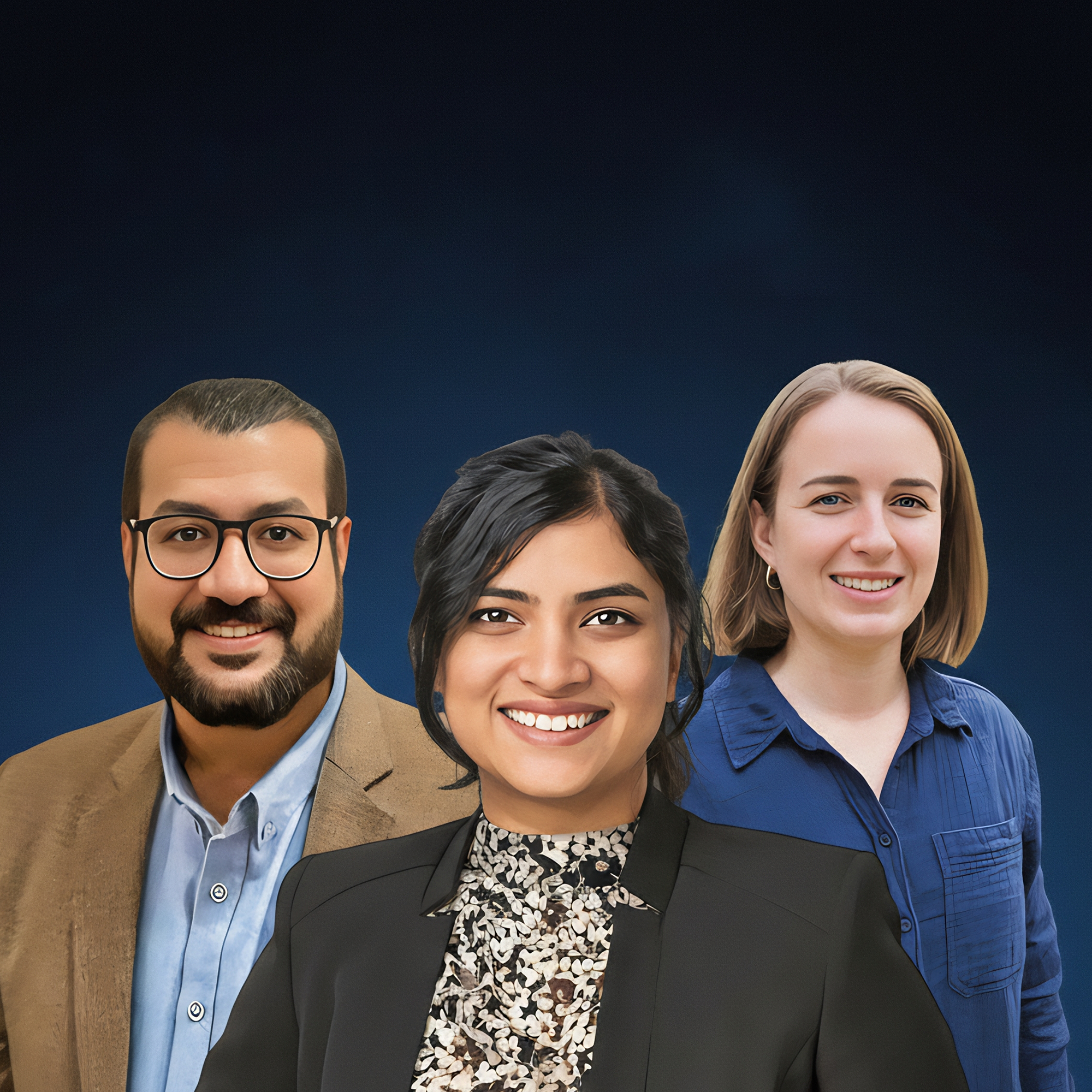
Recorded live at the CEPR Annual Symposium in Paris.
When VoxTalks Economics visits a symposium or conference, we try to find the most interesting new research from economists who are just starting out in their careers. In Paris we invited three of them to the CEPR Office to tell us about their work.
In this episode, Tim Phillips talks to Lucie Giorgi, Aix-Marseille School of Economics (AMSE), whose research tracks the impact of sex segregation in French elementary schools; Alishuba Philip of the University of Zurich, who has investigated why slum redevelopment often doesn’t ben...
How many people die when the US cuts foreign aid?
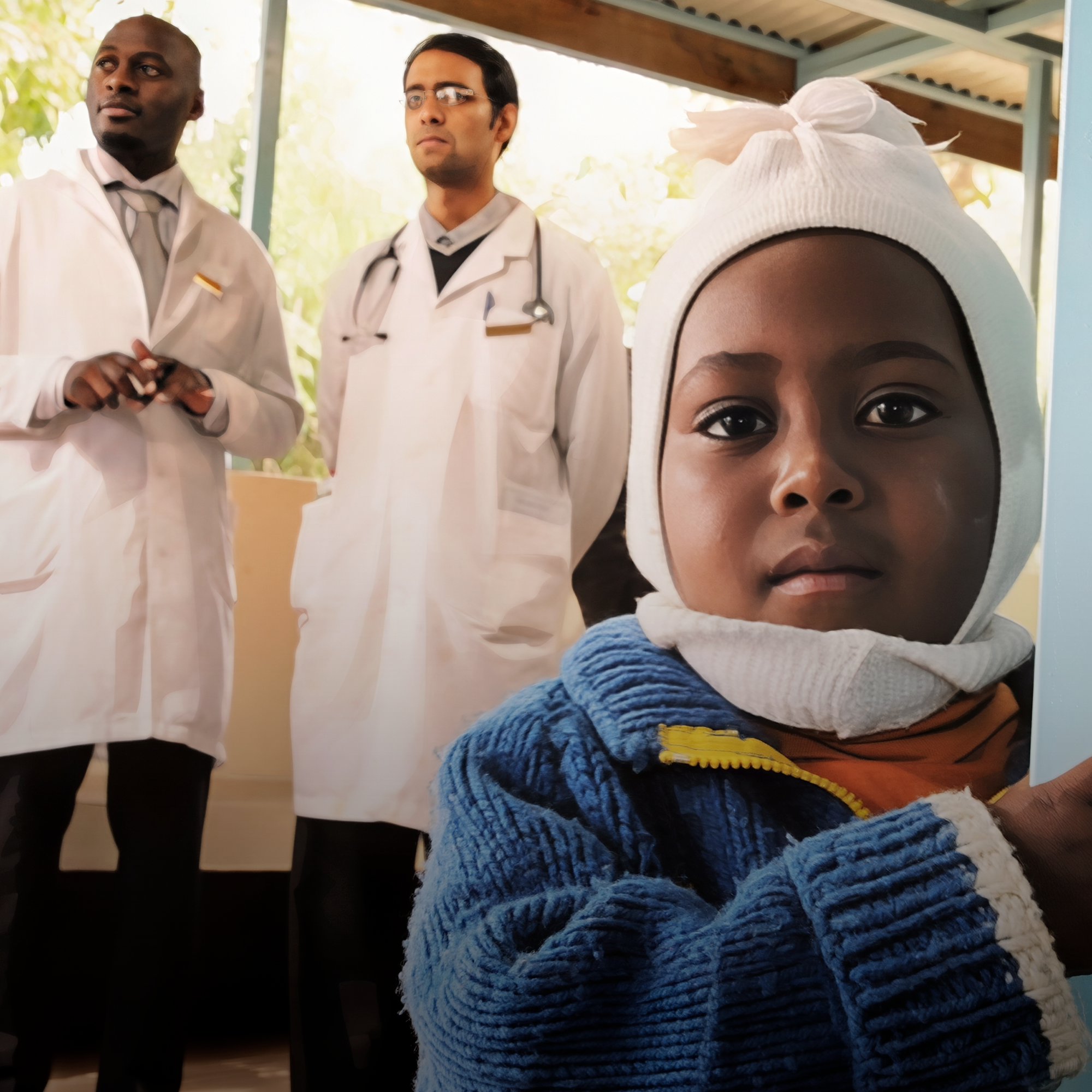
Another special episode recorded at the CEPR annual symposium in Paris. On 20 Jan 2025 when the Trump administration declared foreign aid “antithetical" to American values and suddenly ended many of its overseas programmes. How many lives were lost as a result, and can others step up to try to minimise that damage?
Justin Sandefur is well qualified to speak on this topic – he leads Coefficient Giving’s programme on economic growth in low- and middle-income countries and is one of the authors in a chapter on this topic in the recent CEPR book, The Economic Consequences of the Second...
What should Europe do about Trump?
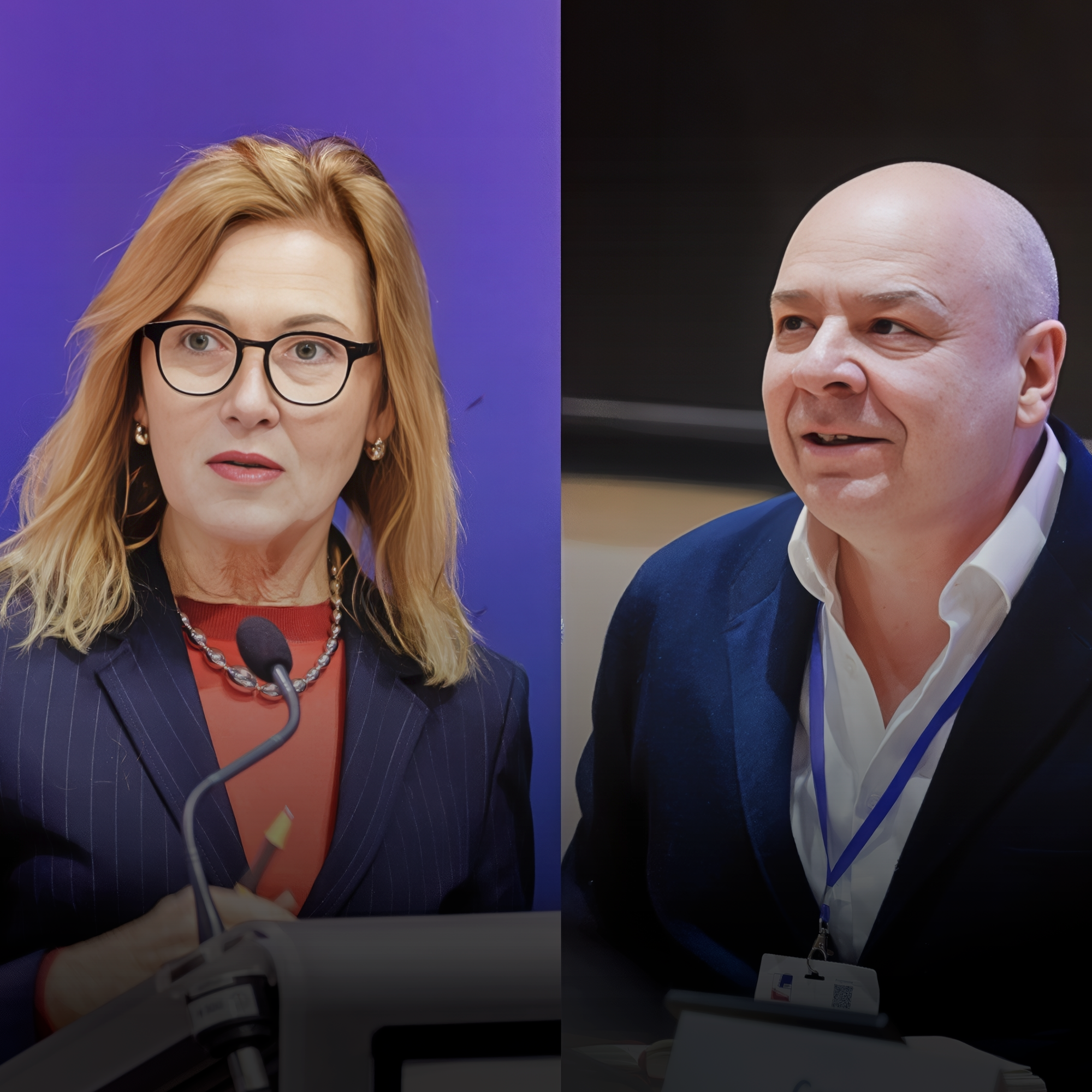
Recorded at the CEPR Annual Forum in Paris. Many of the Trump administration policies have direct consequences for Europe. Some of them are directly targeted at Europe. So how should Europe respond?
The CEPR Press book The Economic Consequences of the Second Trump Administration covers this in up-to-the-minute detail. In Paris Tim Phillips spoke to two of the editors, Beatrice Weder di Mauro and Ugo Panizza of the Graduate Institute Geneva, president and vice president of CEPR. Both have strong views about the challenge to Europe, and how Europe should meet that challenge.
The economic consequences of living longer

Recorded at the CEPR Annual Symposium in Paris. As we expect to live longer, what does this mean for the choices we make, and for the economy? What decisions will seniors be making about their later years, and do the opportunities given to them by society reflect their abilities, needs and ambitions?
In Paris Tim Phillips caught up with Martin Ellison of University of Oxford and Julian Ashwin of Maastricht University to talk about their work on the macroeconomic impact of longevity.
How exchange rates responded to tariffs
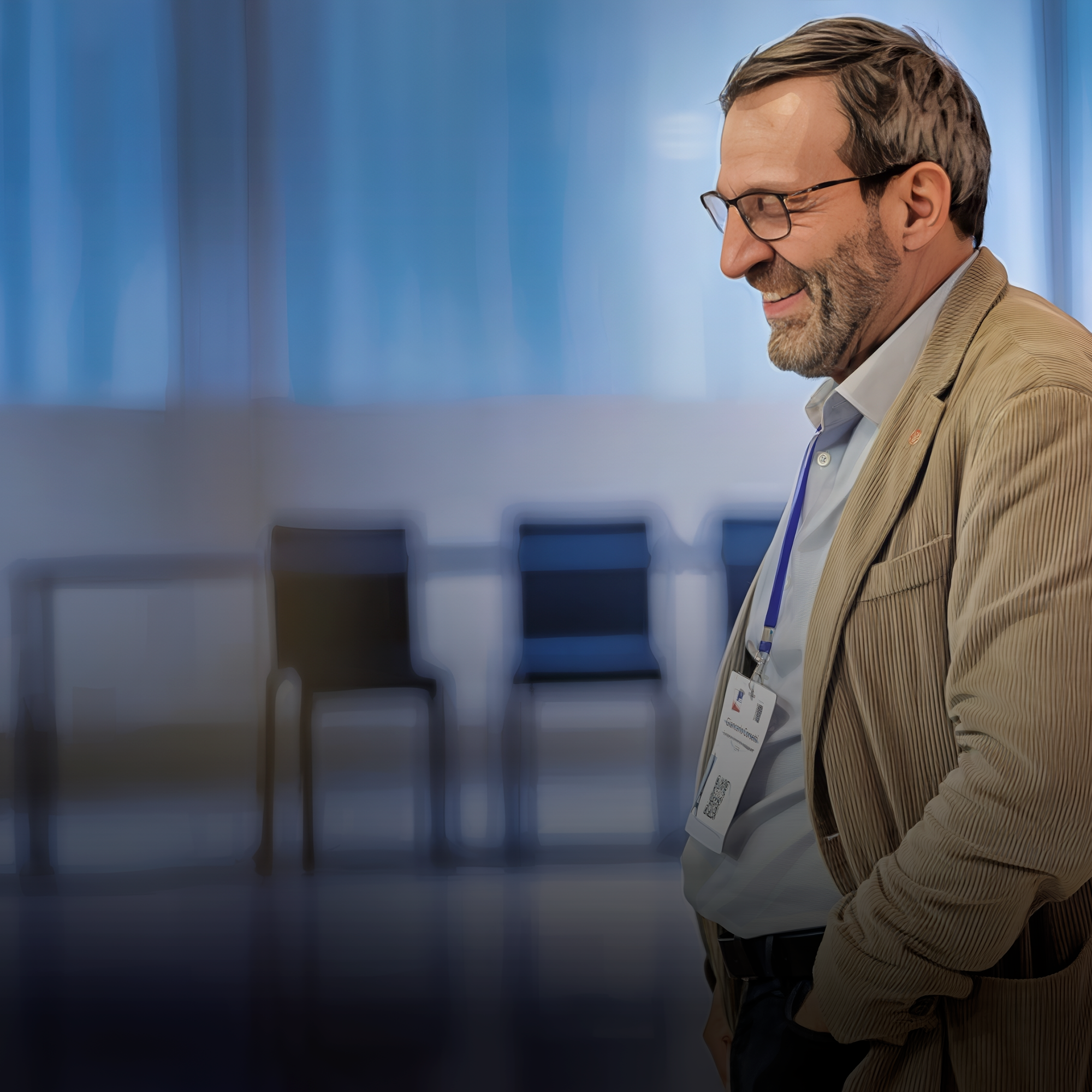
After Liberation Day, the dollar fell by 6%. We would usually expect tariffs to send exchange rates in the other direction. So what happened?
In another episode recorded at the CEPR Annual Symposium in Paris, Giancarlo Corsetti tells Tim Phillips about new research that shows how exchange rates are responding to US tariffs since 2018. When tariffs are expected and retaliation is swift, he argues, then market reactions reflect a repricing of long-run risk, rather than the text-book response we might expect.
What's next for Trump’s tariffs?
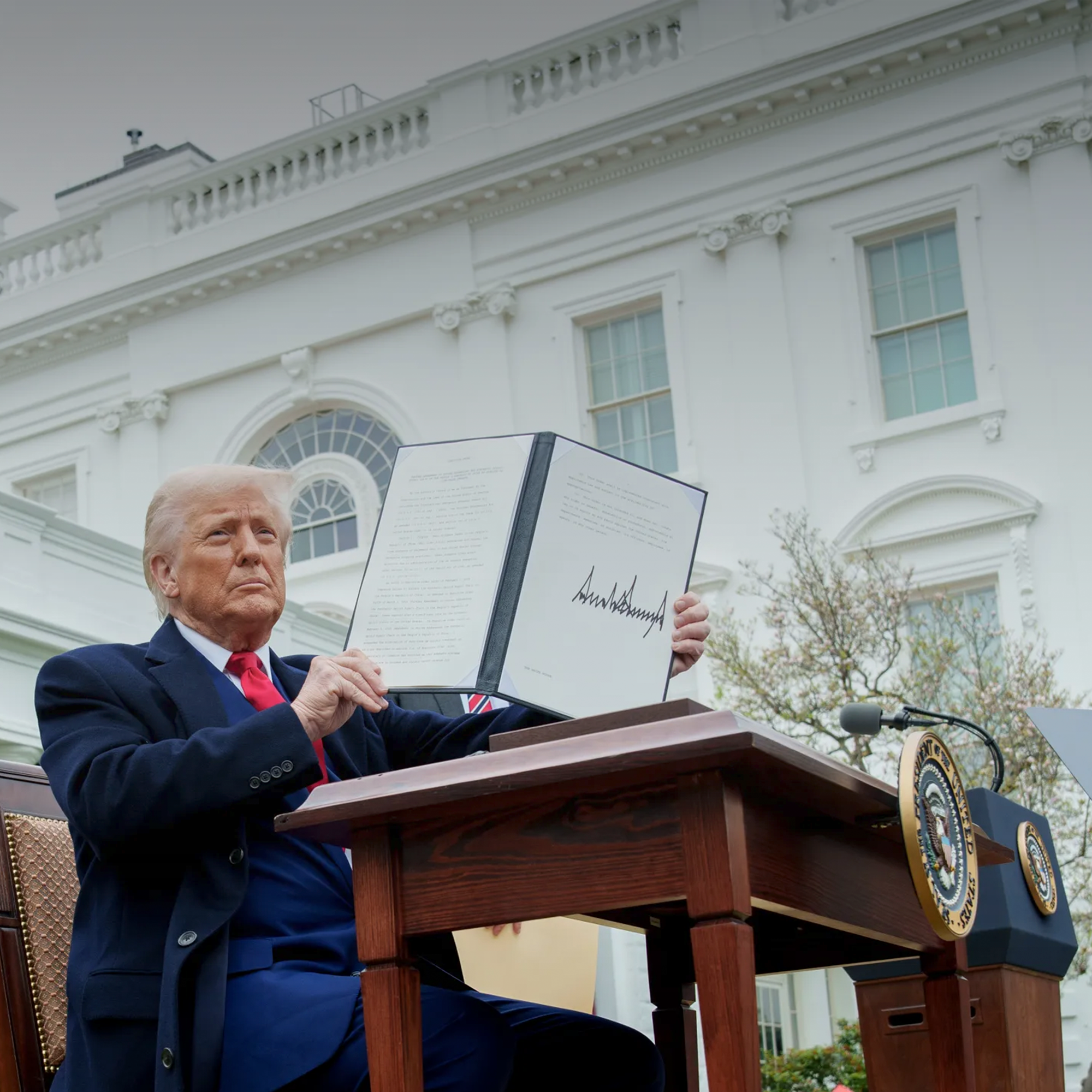
In 2025, the trade story was about tariffs. And that story isn’t over. Does anyone know what happens next?
Richard Baldwin of IMD Business School and CEPR was author of the chapter on tariffs in the CEPR Press book The Economic Consequences of The Second Trump Administration, and also of The Great Trade Hack, published by CEPR press in 2025. Gene Grossman of Princeton and CEPR analysed the legality of the Trump tariffs in a recent CEPR discussion paper.
So, at the CEPR Symposium in Paris, Tim Phillips asked both of them: What happens next?
D...
Is US debt sustainable?
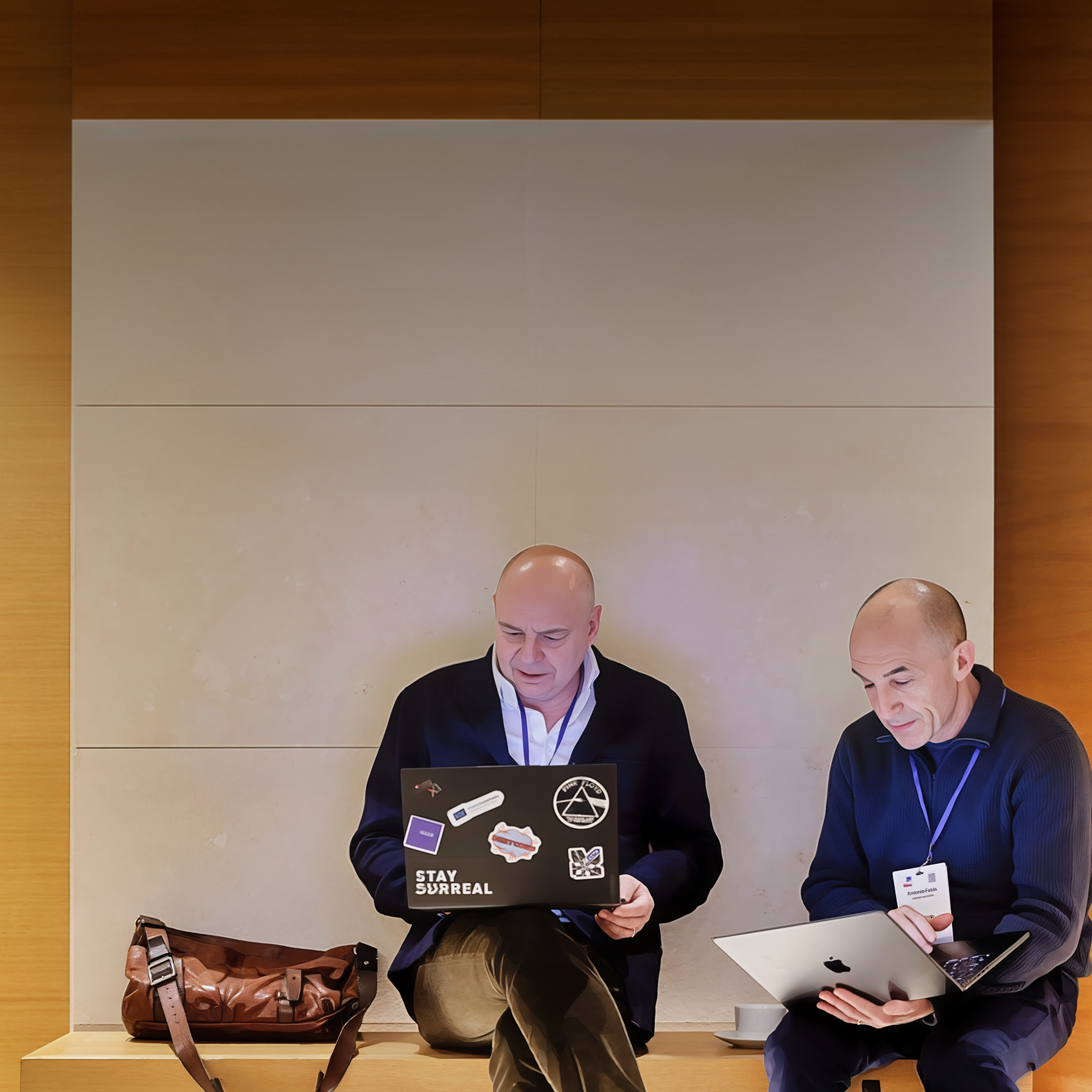
Another special episode recorded at the CEPR annual symposium in Paris.
When does the level of debt in the US become a problem for the economy, and for ordinary Americans? And when it does, what are the policy options to fix it?
That’s the topic of a Chapter in the CEPR book. The authors are Ugo Panizza of the Graduate Institute, Geneva and CEPR, and Antonio Fatás of INSEAD and CEPR. They talk to Tim Phillips about how recent policy – notably the One Big Beautiful Bill Act – is blowing up US debt and warn th...
Do stablecoins threaten financial stability?
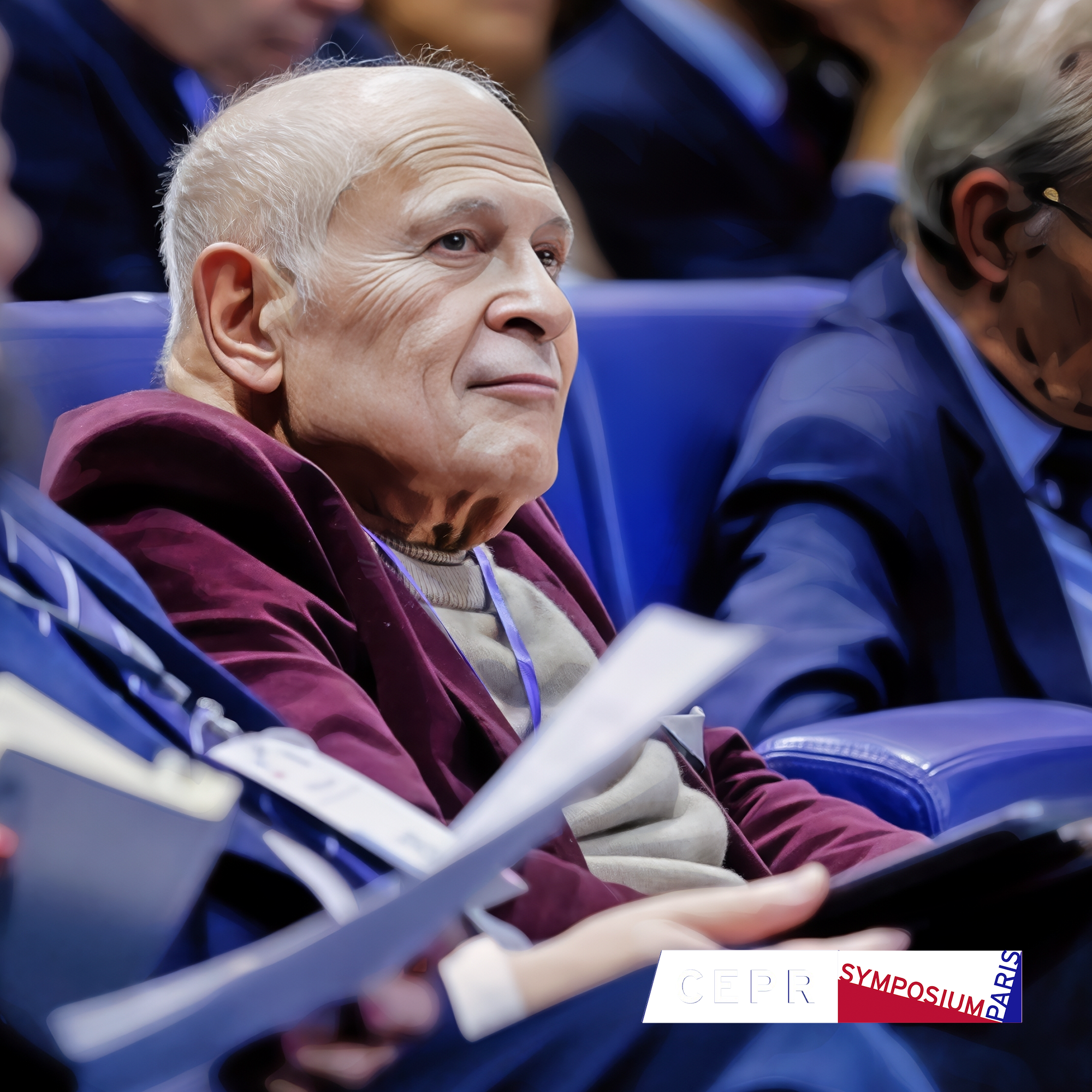
Stablecoins are digital tokens, pegged to a fiat currency. What could possibly go wrong?
For one type of stablecoin the answer is: plenty, according to Richard Portes. The founder and honorary president of CEPR is also co-chair of the European Systemic Risk Board Crypto Asset Task Force. In this role he has been investigating the risks of multi-issuer stablecoins in Europe. He tells Tim Phillips that, if one of these stablecoins hit trouble, US holders could use European regulation to recover their investment from the coin’s European reserves. And that, he argues, would be a threat to...
Can Europe defend itself?

In another of our special episodes recorded at the CEPR annual Symposium, we ask: is it time for Europe to rearm?
The message from the US could not be clearer: it is time for European countries to take care of their own security. If Europe decides to rearm, it has the industrial base – but Moritz Schularick of the Kiel Institute and CEPR warns that it isn’t converting that capacity into credible deterrence.
Tim Phillips asks him what European rearmament could mean in practice: not just scaling up production but buying smarter and investing in next...
Has AI eaten the economics major?
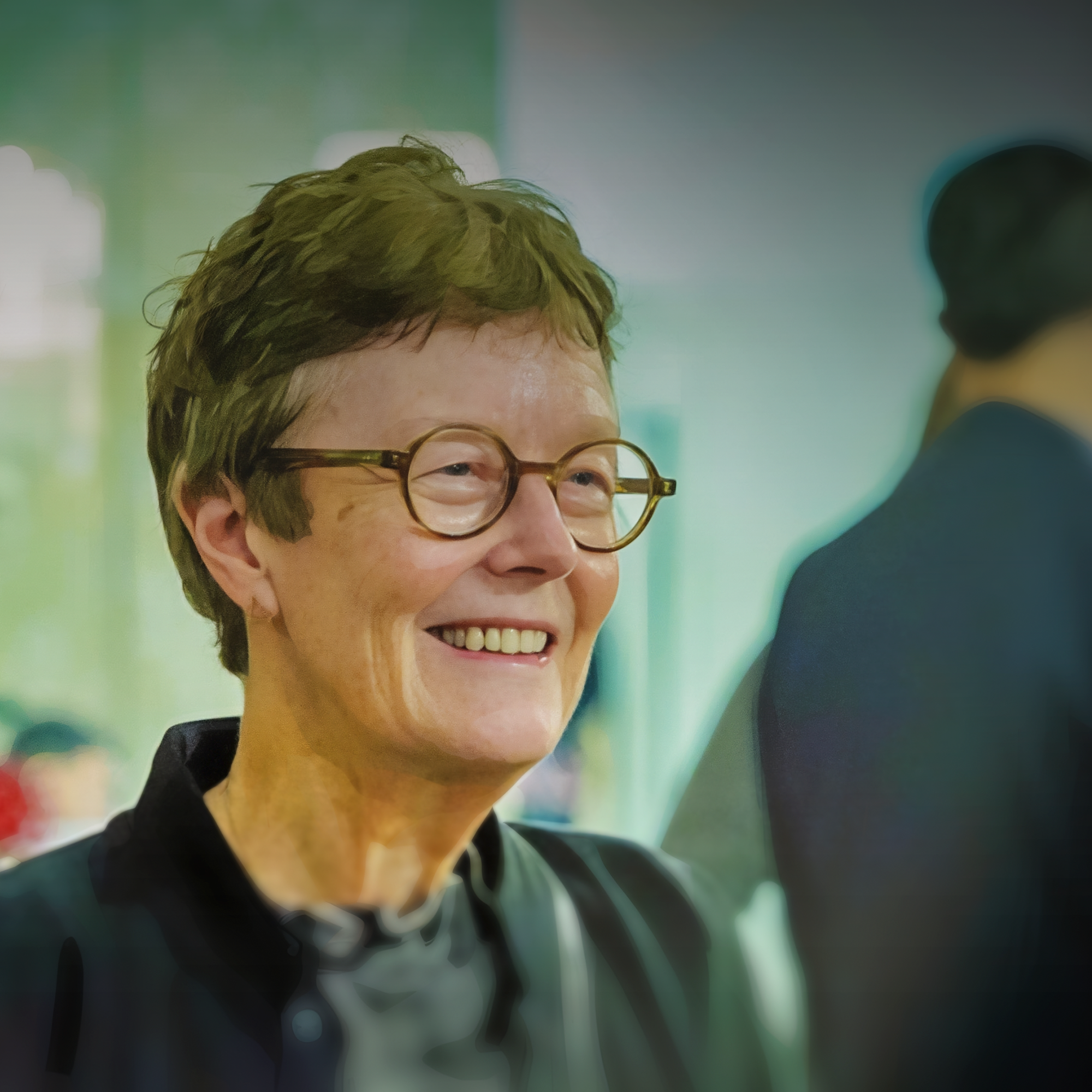
In another of our episodes recorded at the CEPR Paris Symposium, we ask: When Gen AI can do an undergraduate’s problem set in seconds, how should teaching, and the syllabus, respond?
Who better to answer this than Wendy Carlin of UCL and CEPR? Wendy – who has recently become Dame Wendy – was at the symposium to talk about her project to change economics teaching through the CORE Project, which more than 500 institutions use to teach introductory economics in a way that flips the standard textbook treatment on it head.
Recently Wendy and CORE have been working...
Trump, trade, and AI growth
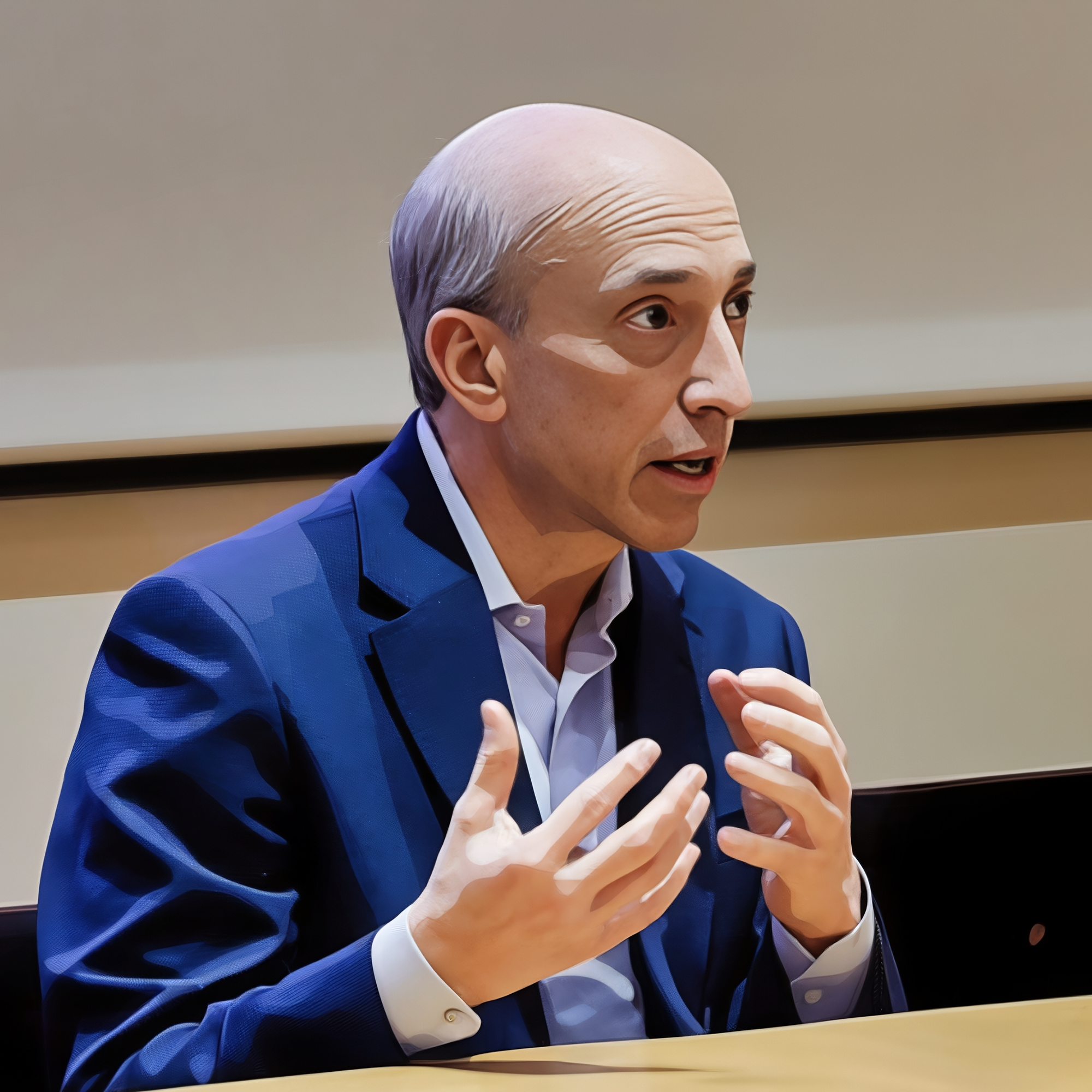
Another special episode recorded at the CEPR annual symposium in Paris. The Trump administration says it wants America to lead in AI, but what does that mean in practice for trade and productivity? Will AI make growth great again, or just inflate a short-term capital spending boom?
Gary Gensler of MIT and CEPR (also a former chair of the Securities and Exchange Commission) unpacks the administration’s AI action plan, helps us work out what's happening to export controls, and untangles the deal-making geopolitics of AI hardware.
The future of globalisation
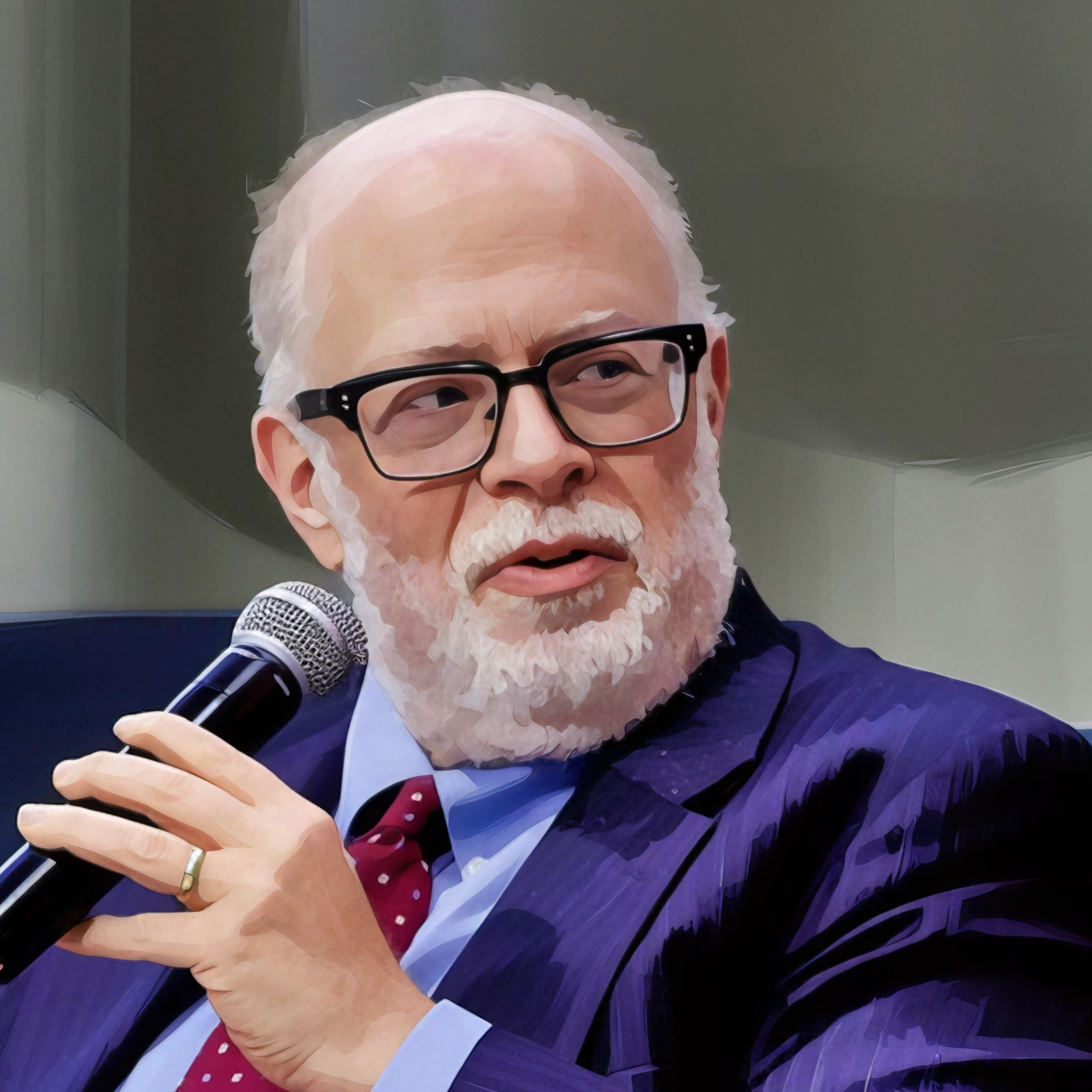
At the CEPR annual Symposium in Paris we sat down with Adam Posen, president of the Peterson Institute for International Economics, a distinguished fellow of CEPR, and a global authority on geopolitics and trade to discuss the profound changes in the multilateral order in 2025, how countries will adjust to this new normal – and whether the changes we have seen will ever be unwound.
A London economic consensus?

Who would be a policymaker right now? The list of economic problems that we need to solve ranges from “very difficult” to “existential”. An ambitious new book collects the ideas of many influential economists on how to approach these challenges. But can it avoid the mistakes of previous attempts to find an economic policy consensus?
Andrés Velasco and Tim Besley are two of the editors of The London Consensus. Tim Phillips joined them at The London School of Economics to ask why the book was created, how policymakers can use it, and whether we should be wary of econom...
Do sanctions work?

Economic sanctions are the big geoeconomic bazooka. But what does history tell us about how well they work, and their relevance today. And does the theory match the data?
Moritz Schularick of the Kiel Institute for the World Economy and CEPR talks to Tim Phillips about the evidence of the history of sanctions on what they can achieve, whether we expect too much too soon from small sanctions – and whether politicians are prepared to impose the sanctions that bite.
The cost of lost biodiversity

Biodiversity is essential for the wide range of economic activities that our planet needs. Yet, the economic consequences of its global decline are hard to estimate, because most population studies focus on individual species in isolation.
Frederik Noack of the University of British Columbia argues that this misses a central insight about biodiversity: a healthy environment depends not just on individual species, but also on the way they work together to keep our natural environment in balance. One especially important aspect of this is the way that birds help keep crops safe from pests and reduce the need...
The politics of sustainability reporting

In 2021, at COP26, the International Accounting Standards Board announced it would create a standard for this reporting.
It wants to integrate sustainability reporting with traditional IFRS accounting. Should firms be compelled by regulators to disclose their impact on the climate in their corporate reporting? Investors value convergence in sustainability reporting standards, but they are facing stiff opposition both in the US and Europe – even while developing economies embrace the new regime.
Lucrezia Reichlin of the London Business School and CEPR talked to Tim Phillips on the progress to sustainability standards, the scope of reporting, who wants it...
The planet has a problem with populism

In Europe and beyond, populist politicians continue to gain ground. What message are voters sending? Are politicians from other parties listening, and explaining their policies in a way that will successfully reach supporters of populist parties?
There are one set of policies for which this may be a huge problem soon. What does this mean for that those tricky choices that politicians will have to make when dealing with the consequences of climate change, and sustainability?
Sergei Guriev of London Business School and Catherine de Vries of Bocconi University have both examined what is driving support...
Designing markets for nature

Our economy is embedded in nature, but nature is in danger. External funding is needed, especially in the Global South, to support the conservation of our natural ecosystems. Markets can play a role, but the way in which voluntary carbon markets do this has low public trust which, from recent news, may be deserved.
Estelle Cantillon of Université libre de Bruxelles and CEPR tells Tim Phillips about her proposal for a new market mechanism to channel funds to projects that will conserve or restore our natural environment by paying dividends to those who invest. But how will it a...
A big push for climate policy

“What is needed is non-marginal, transformative change to shift the economy, technology, and society”. That’s the typically forthright recommendation from Rick van der Ploeg of the University of Oxford and University of Amsterdam for how to ensure that climate policy is effective at changing our habits and behaviour. He argues that the gradual changes in habits that current policies target don’t go far enough, and that we run the risk of backsliding. But what does this mean in practice? Rick spoke to Tim Phillips about what policies to push, when to push them – and how big the push needs to b
How to make carbon removal work

We are familiar with climate policy to reduce emissions. We know about the policies to adapt to climate change. But can we successfully reduce the amount of CO2 in the atmosphere, and how do we create policies and incentives to invest in, and take advantage of, those technologies?
Ottmar Edenhofer, Director of the Potsdam Institute for Climate Impact Research and chair of the European Scientific Advisory Board on Climate Change, talks to Tim Phillips about an aspect of climate policy that is becoming increasingly important.
The economics of biodiversity

"The Economics of Biodiversity” was published by the UK Treasury in 2021. It sets out how economic systems value biodiversity and natural capital, and which policies would preserve and restore nature.
The project leader was Professor Sir Partha Dasgupta of the University of Cambridge. In the latest of our special episodes recorded at the first Hoffmann Centre / CEPR / ReCIPE Conference continue, he tells Tim Phillips what he learned from hanging out with ecologists, why we need indicators of economic performance that value nature, and why we should worry about the decline of natural capital.
The Economics of Bio...
Overcoming climate agenda fatigue

Can COP 30 get the green transition back on track? It’s not a great time for international cooperation right now and, with hindsight, was the period from 2017 to 2022 a “golden moment” the climate transition, and was it an opportunity missed?
That’s the argument presented by Livio Stracca, Deputy Director General Financial Stability at the European Central Bank, also the chair of NGFS work on climate scenarios. He talks to Tim Phillips about what we can learn from this golden moment, and what can be done this time around to avoid the dangers of what Livio calls “climate agenda fat...
Coalitions of the willing
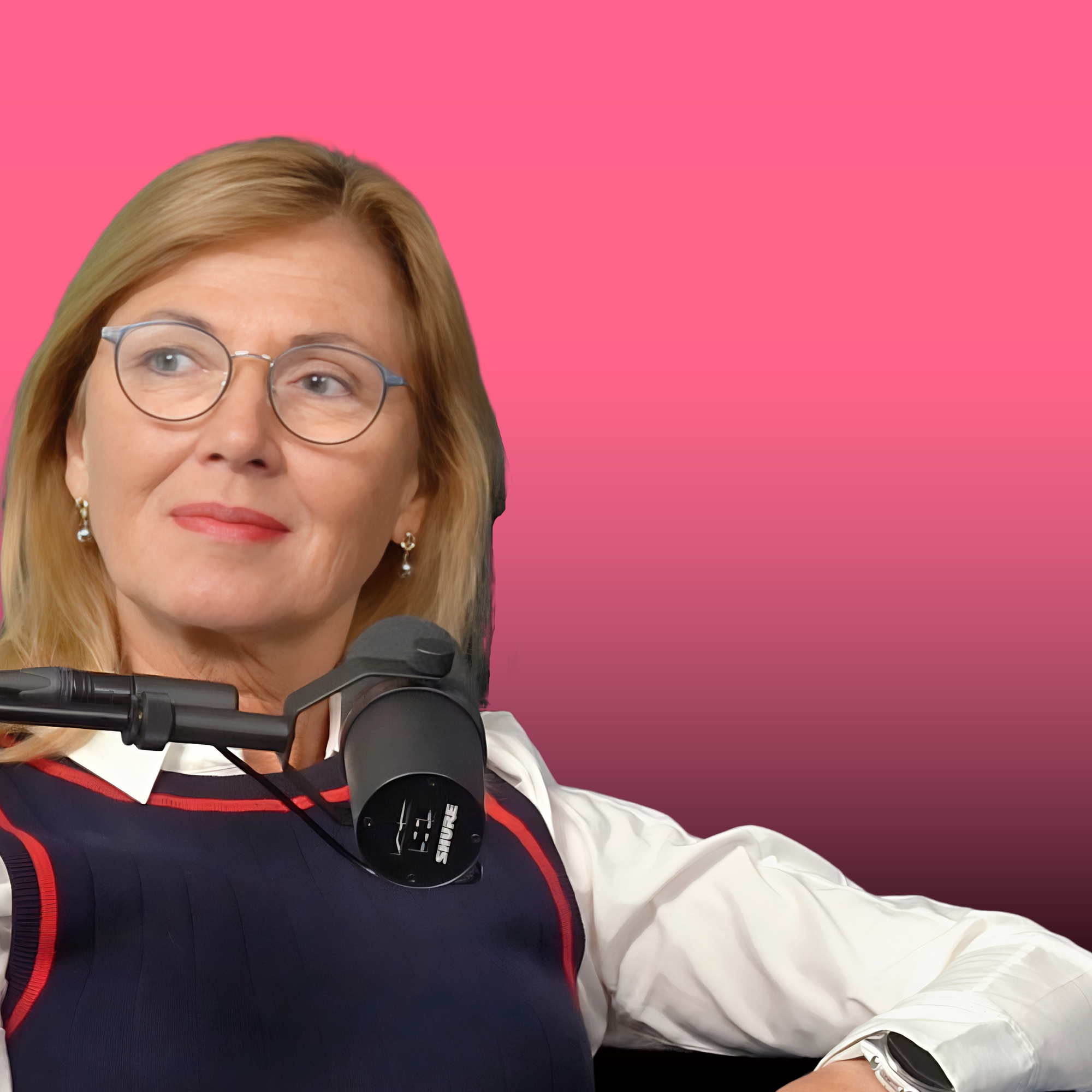
In the first of our special episodes from the first Hoffmann Centre / CEPR / ReCIPE Conference, we’re discussing what chances there are of significant multilateral agreements being signed at COP 30 and, given that the chances are low, what plan B might be.
Beatrice Weder di Mauro of CEPR, Hoffmann Centre and the Geneva Graduate Institute tells Tim Phillips that, if everyone can’t agree, then coalitions of the willing – climate or finance clubs that offer incentives for the countries that want to join – can agree their own sustainability policies. But what are those incentives? And who will lead?
The visual politics of Brexit
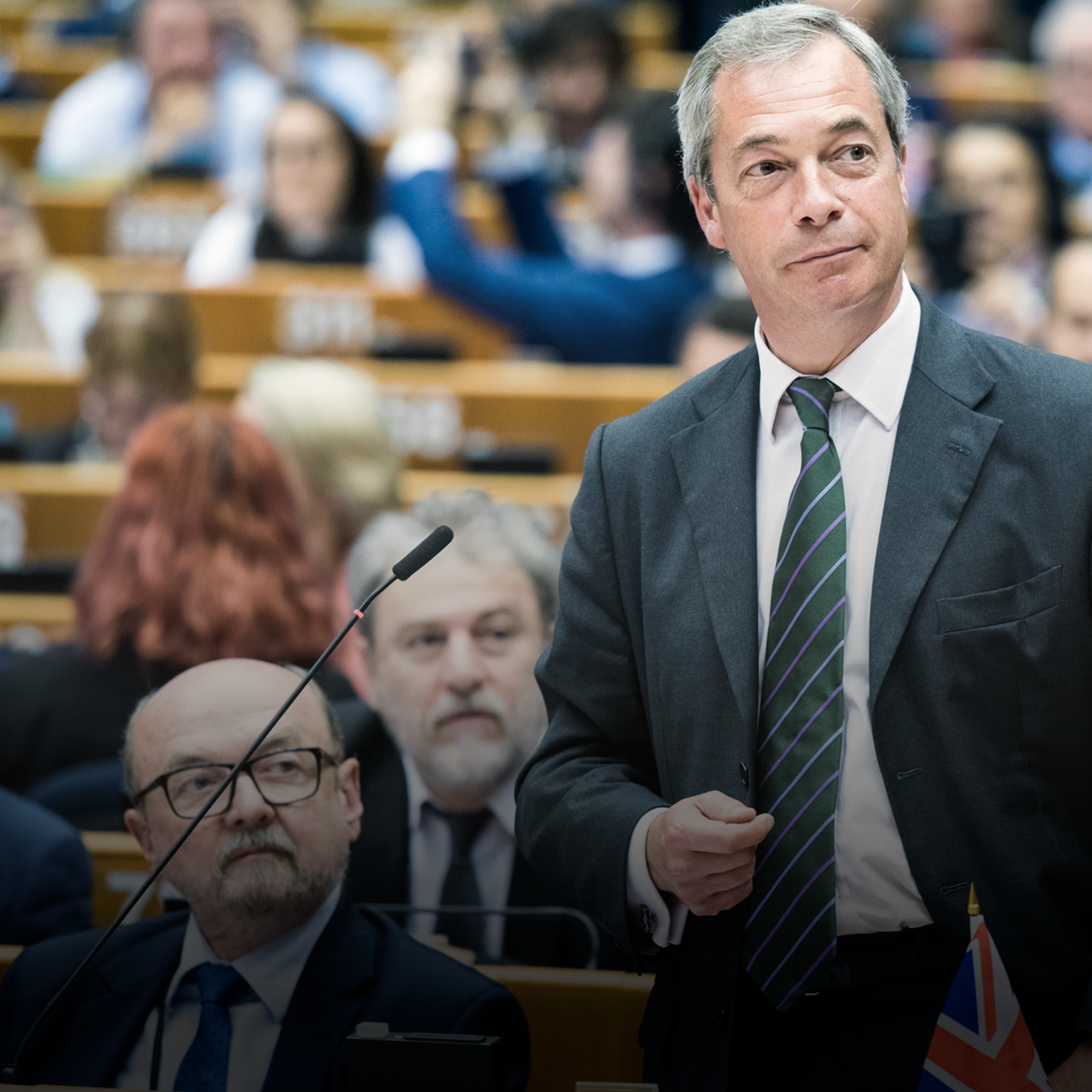
A decade ago, the UK voted in a referendum to leave the European Union. It was the culmination of years of partisan arguments over membership. During that time, most newspapers in the UK took strong “leave” or “remain” positions in the stories they wrote. But were they less obviously partisan in their choice of pictures too? Wanyu Chung of University of Birmingham and CEPR was one of a team of researchers that used artificial intelligence to estimate the emotional impact of news images of politicians before and after the Brexit vote.
Photo: European Union 2016 - European Parliament
A hundred lessons from history

The International Macroeconomic History Online Seminar Series, hosted by CEPR, is turning 100 this month — not years, but episodes. What began as a lockdown experiment has become a global fixture for anyone who believes economics never forgets. In a special edition of VoxTalks Economics, Tim Phillips talks with organisers Nathan Sussman and Rui Esteves of the Geneva Graduate Institute about the moments that shaped the series and what a hundred lessons from history can teach us today. Why does history matter so much to economists? And how can the series help us understand current events?
Nathan’s selection
The g...
A European Carbon Central Bank

In the second of our episodes based on the topics discussed at the conference “Addressing the Risks and Responses to Climate Overshoot”, organised by the AXA Research Fund, CEPR, and Paris School of Economics, Tim Phillips talks to Matthias Kalkuhl of the University of Potsdam about how to remove carbon from the atmosphere. The innovative technologies that might be able to do this in the future need investment now – so one idea is for firms to buy the right to emit carbon now, as long as they commit to remove carbon when mature technology exists. But to administer this, Europe would...
The hidden cost of invasive species

In the first of two podcasts recorded at the conference “Addressing the Risks and Responses to Climate Overshoot”, organised by the AXA Research Fund, CEPR, and Paris School of Economics, Tim Phillips talks to Franck Courchamp of the University of Paris-Saclay about an aspect of climate change that is rarely talked about, increasingly important, and very costly.
When plants or animals move, or are moved, to a place they don't belong, there is a risk of damage to natural habitats and an economic cost too. So how do we estimate the size of this risk, and what can we d...
Tastes, geography, and culture

It’s cultural meme that teenagers in New York and Seoul will have more in common with each other than with their parents. Has where we come from been downgraded as an influence on what we like, or is there still what Thierry Mayer of Sciences Po and CEPR calls “gravity in tastes”?
His research focuses on a very important aspect of this question: regional French food. Is there still a France of butter, and a France of olive oil? And, if there is, can we draw it on a map, or is this now a cultural and social...
What makes a successful entrepreneur?

We are up to our necks in advice about how to innovate in business, how to succeed as a founder, or how to spot a great startup. Blogs, YouTube channels and airport bookshops claim to reveal the secret. And yet, investors and incubators have a very patchy track record in picking winners.
What if there was a better way to spot entrepreneurs who are more likely to succeed? Konrad Stahl of University of Mannheim is one of a team of researchers who have found one indicator of success that dominates all the others. He tells Tim Phillips what i...
Misinformation and trust in news

Today generative AI makes it easy to create and distribute convincing fake news stories, pictures, even videos. We’ve all been hoodwinked – but does that undermine our trust and confidence in the mainstream media?
Ruben Durante of National University of Singapore, IPF-ICREA and CEPR is one of the authors of new research that tests how AI-generated misinformation affects our desire for real news. He tells Tim Phillips the good news and bad news for the future of the media’s business model.
Is Davos more than a boondoggle?

The annual meeting of the World Economic Forum, in Davos, attended by thousands of business and policy VIPs – is one of those events that pops up on the news every year, as we see photos of multinational CEOs shaking hands with world leaders and taking part in panel discussions on the future of the planet. But how valuable is it to the business people who pay hundreds of thousands of Swiss Francs to attend? Does Davos create business value, or might it be a high-profile way for them to ski and party – in the words of a new discussion paper publ...
The stickiness of gender biased norms

The belief that women are in some way inferior to men has been around for centuries. And throughout that time, women have suffered the consequences. Economists have lately been trying to understand more about the origins of gender biased norms, to help create better policies to challenge them. Their work can build on insights from sociology, anthropology and gender studies, but also raises important questions about the roles of men and women in society. So what should policy attempt to change?
Siwan Anderson of Vancouver School of Economics and CEPR talks to Tim Phillips about what we know o...
In coin we trust

On 4 August, Paul Atkins, the chair of the US Securities and Exchange Commission, launched “Project Crypto”. The SEC wants to make the US “the crypto capital of the world”. Crypto investors make a lot of noise, but who are they, and do they behave differently to other retail investors?
A new CEPR discussion paper called “Do you even crypto, bro?” summarises what a representative sample of US citizens think about crypto investments and highlights the gap in attitudes to risk and investing between crypto holders and the rest of the population. Michael Weber of Purdue University is one of the autho...
Strategic cops and robbers

How do criminals choose the weapons they carry, the number of accomplices, the types of business they target? Economists have long argued that decisions to commit economic crimes are strategic, based on a calculation of risk and reward.
The Italian justice system changes the punishment for a crime depending on how it is committed, and so a new analysis of thieves and their crimes, based on data from Milan, tests whether this is really the case.
Giovanni Mastrobuoni of the University of Turin, Collegio Carlo Alberto and CEPR is one of the authors of this research. H...
Carcillo: Closing the gender wage gap

Recorded live at the PSE-CEPR Policy Forum 2025.
The gender wage gap in advanced economies isn’t shrinking. What can firms do to eliminate the part of the wage gap that comes from discrimination? The OECD has analysed the data from countries with pay transparency legislation to discover how much of the gender pay gap arises from the different treatment of equally qualified men and women. Stéphane Carcillo tells Tim Phillips what the research had discovered, and what the policy options could be.
Read the research: https://www.oecd.org/en/publications/the-role-of-bargaining-and-discrimination-in-the-gender-wage-gap-in-france_1fd68687-en.html
